Lincoln, Garfield, and McKinley.
Three American presidents who were assassinated. I don't know why Old John was so interested in assassinated presidents... maybe it shows his patriotism? Or maybe it's just a weird quirk of his personality.
President Lincoln:

President Garfield:

President McKinley


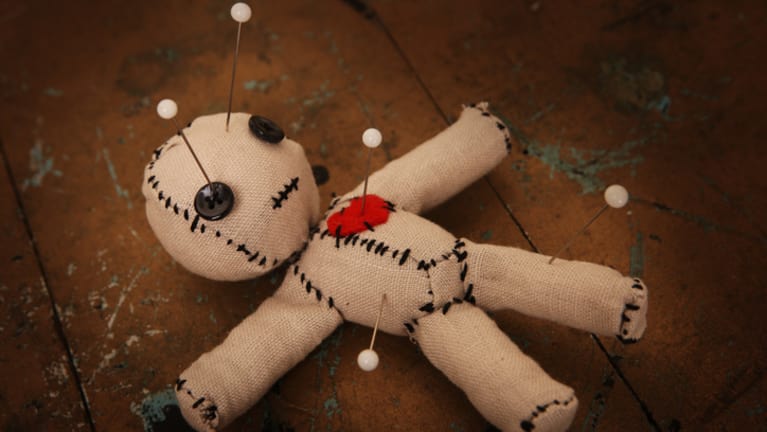
















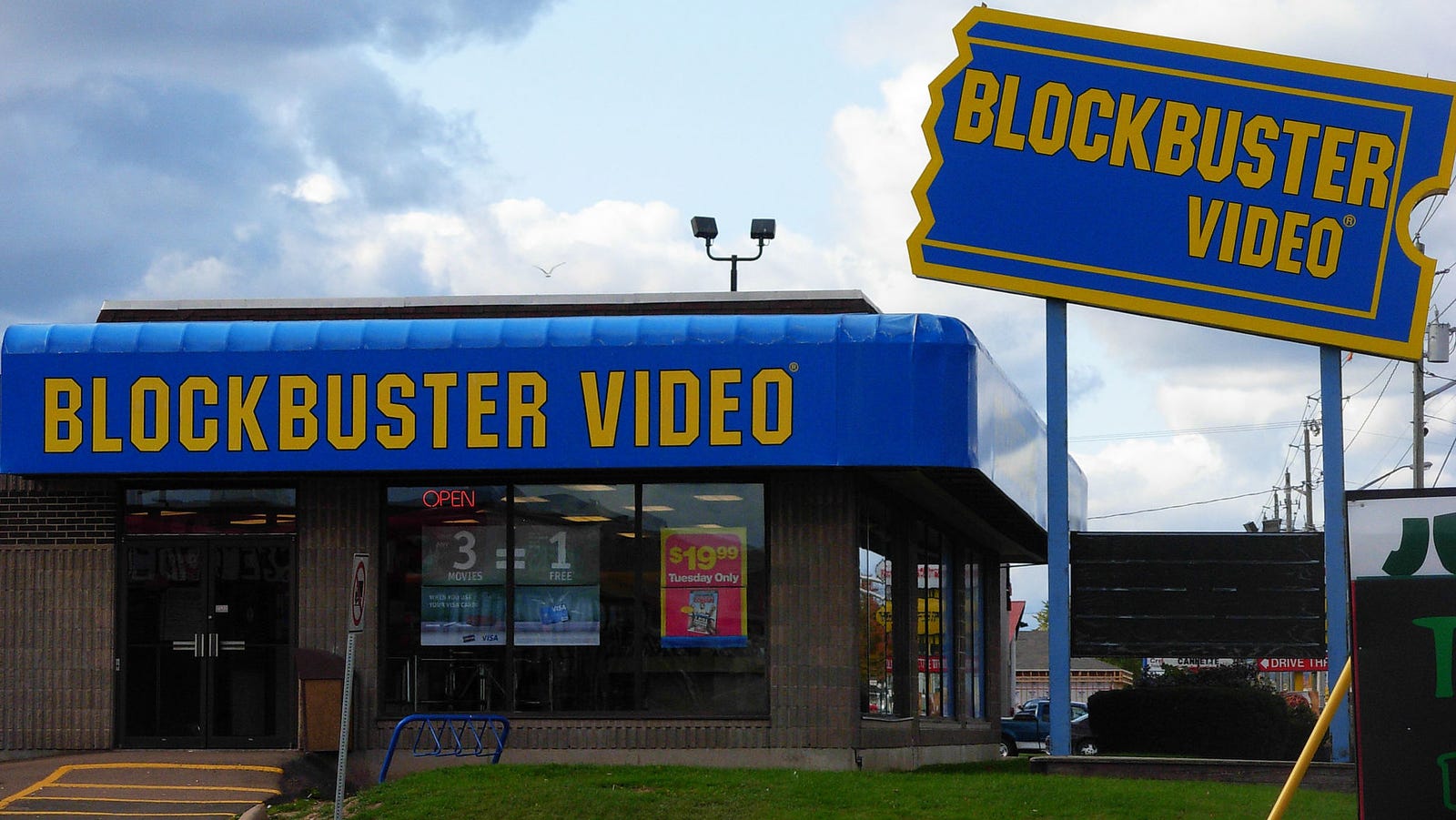



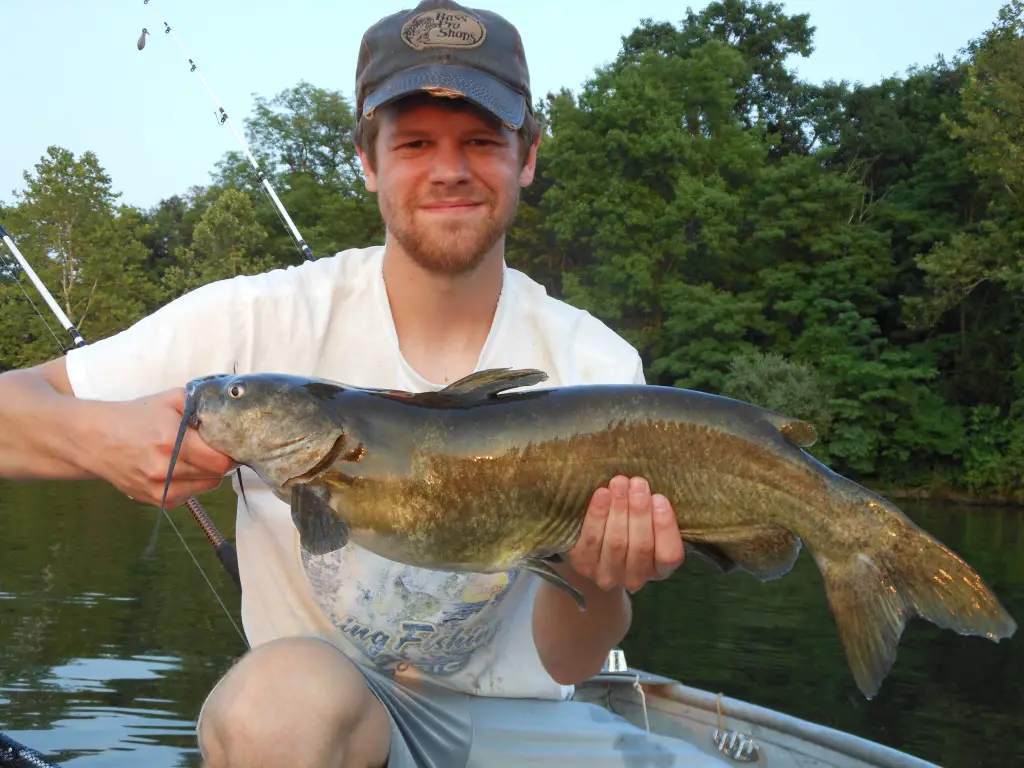
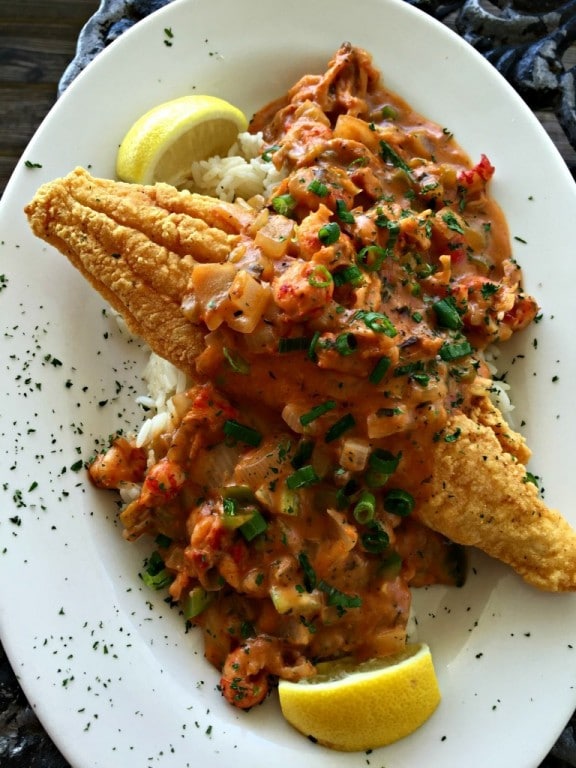


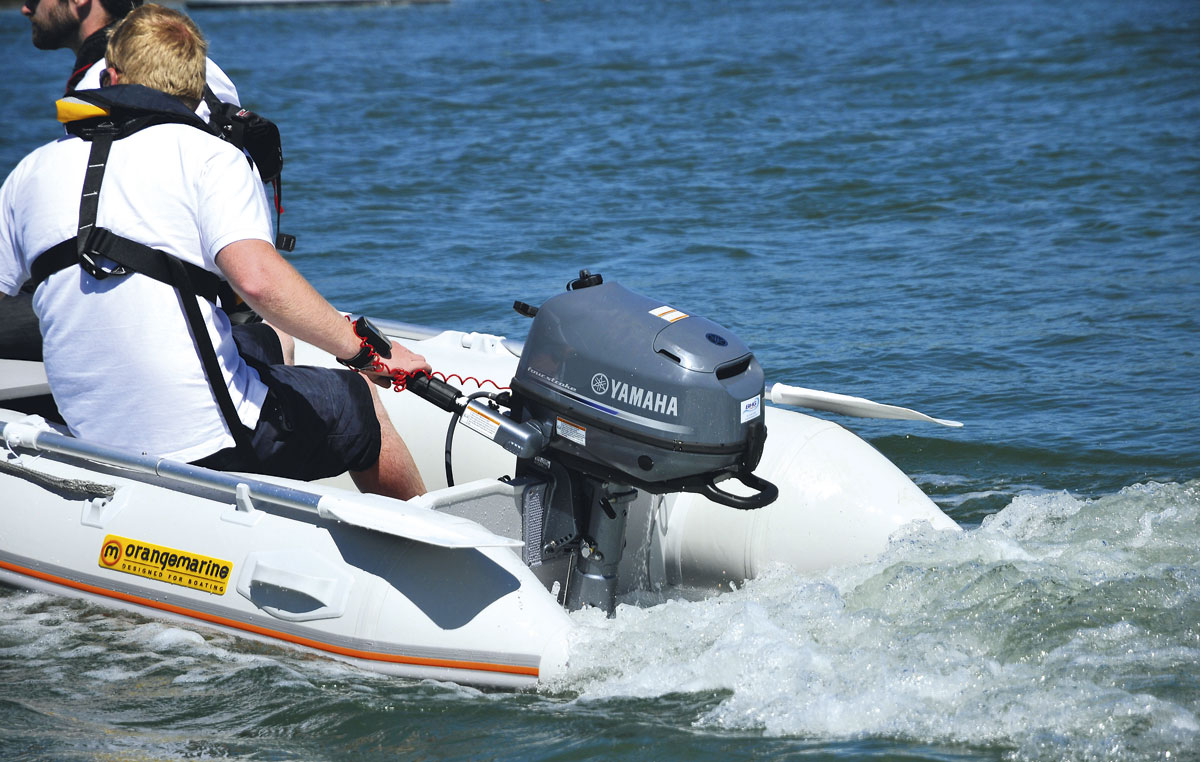
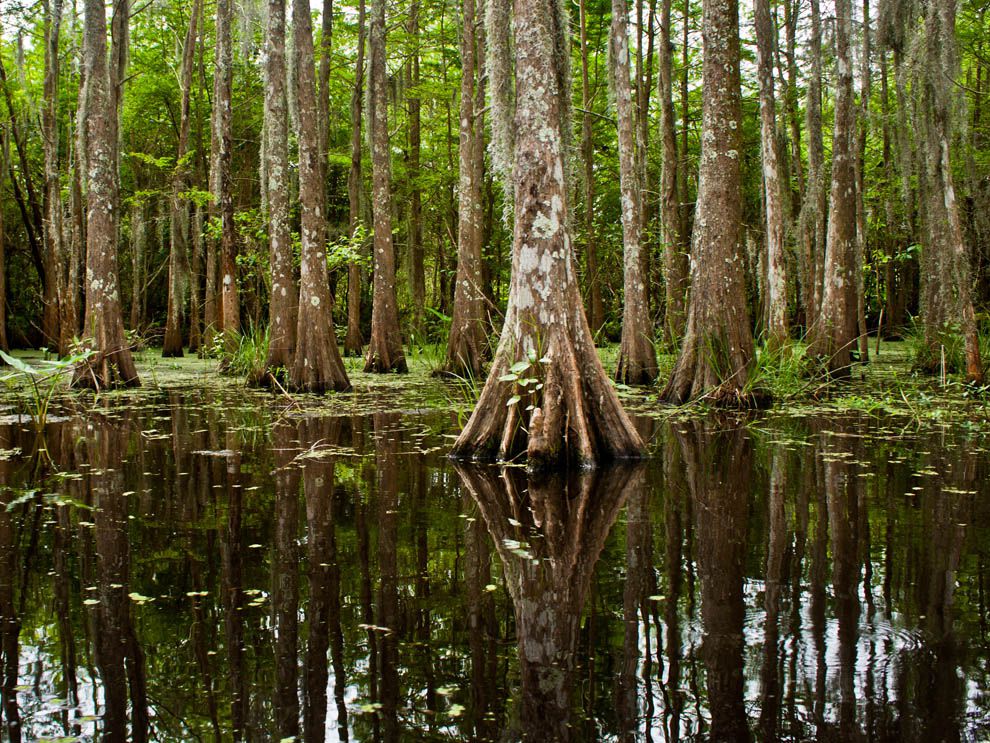

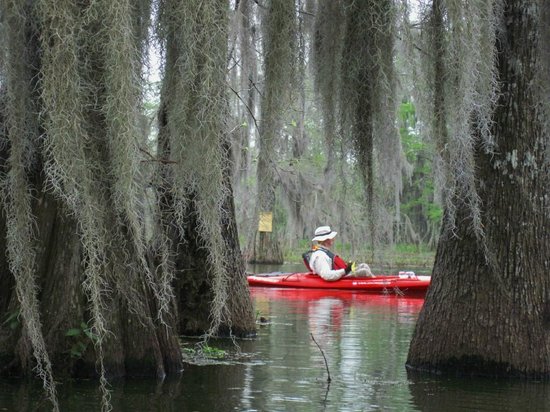
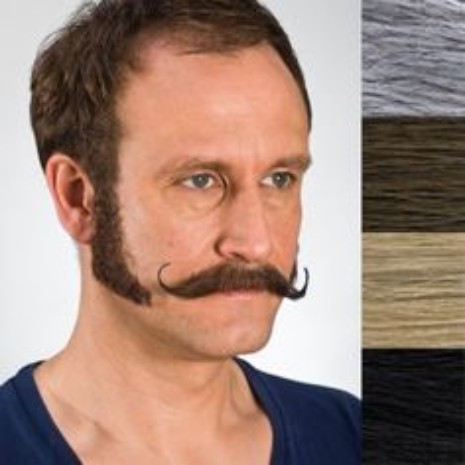

 (distribution of Cajun descendants in the United States)
(distribution of Cajun descendants in the United States)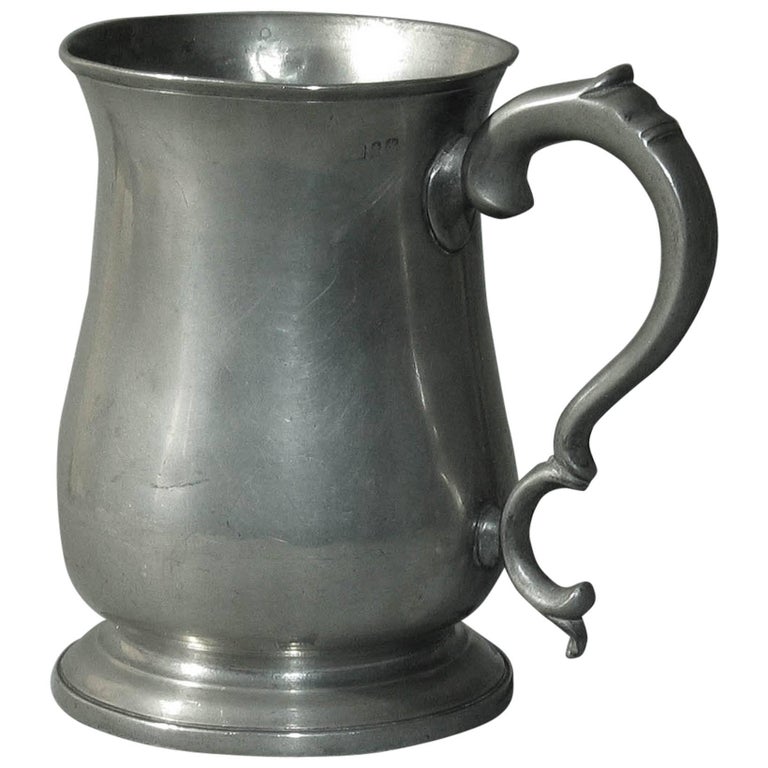
 A sign from the era of Irish immigration to the US. Employers discriminated against Irish by adding "No Irish Need Apply" to their help wanted signs.
A sign from the era of Irish immigration to the US. Employers discriminated against Irish by adding "No Irish Need Apply" to their help wanted signs.